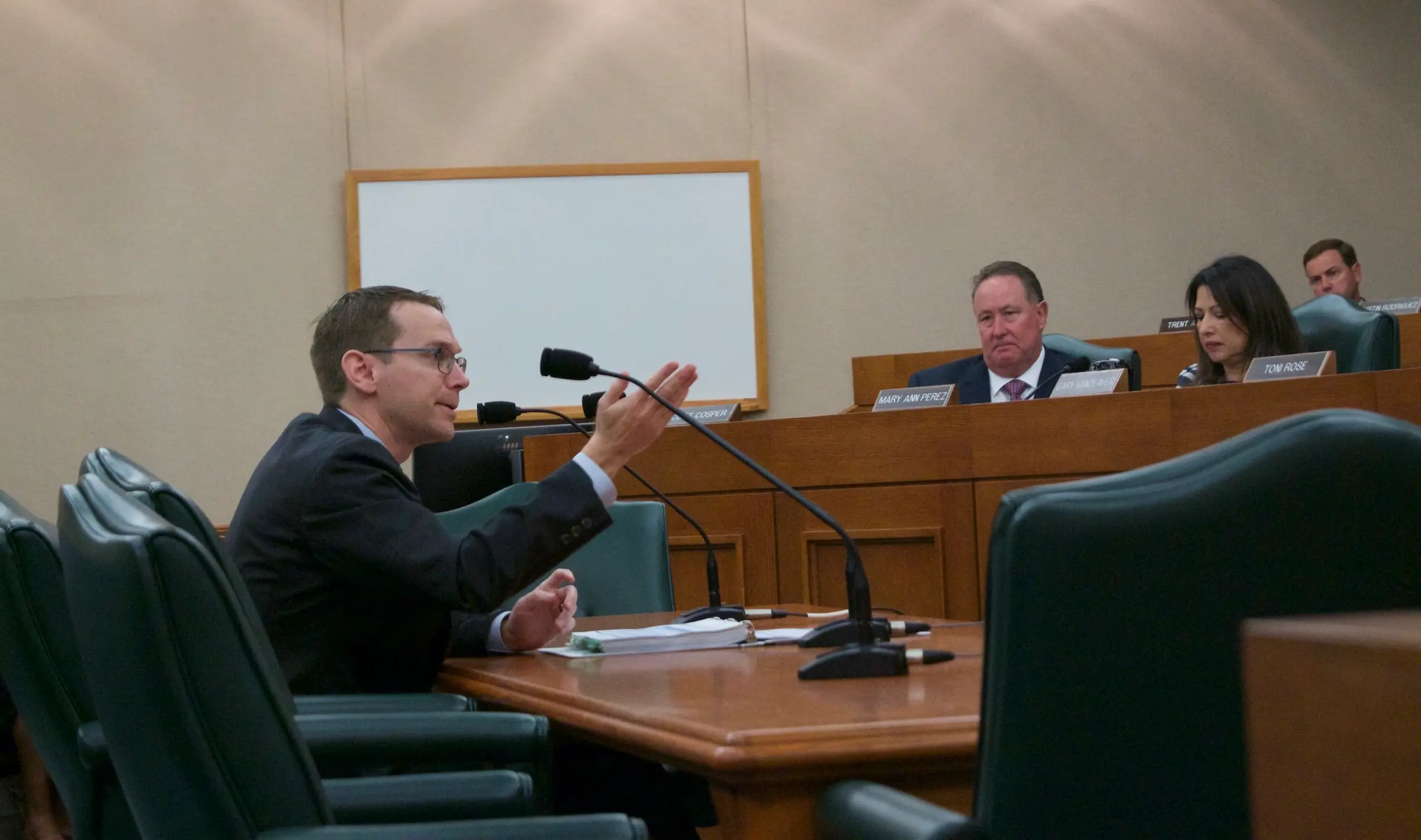The Commissioner of Education is the appointed chief executive of the Texas Education Agency (TEA), the state’s primary authority on public education policy. While the State Board of Education sets curriculum standards and oversees the Permanent School Fund, it is the commissioner who directs the day-to-day operations of the TEA and implements statewide education policy. The role carries significant influence over school accountability, funding formulas, charter school oversight, and the administration of federal funds.
Authority and Responsibilities
The commissioner’s powers are defined in the Texas Education Code, particularly in Chapters 7 and 39. As the head of the TEA, the commissioner oversees compliance with federal education laws, state mandates passed by the Legislature, and rules adopted by the State Board of Education. The office has broad discretion to issue decisions on waivers, enforcement actions, and appeals related to school districts and charter operators.
Key responsibilities include:
- Administering the Foundation School Program, which distributes billions in state education funding.
- Overseeing the A–F academic accountability system for public schools.
- Reviewing and authorizing the opening, renewal, or revocation of charter schools.
- Implementing intervention strategies in low-performing school districts.
- Managing the state’s response to emergencies affecting public education, such as natural disasters or pandemics.
Although the commissioner does not set policy directly, the role interprets and enforces laws in ways that shape how education is delivered across the state.
Appointment Process
The Commissioner of Education is appointed by the Governor of Texas and confirmed by the Texas Senate. There is no fixed term; the commissioner serves at the pleasure of the governor. The appointee typically has experience in education administration, public policy, or organizational leadership, though no statutory qualifications are required.
The commissioner is supported by a senior staff and several deputy commissioners who oversee curriculum, finance, assessment, and school improvement.
Institutional Role
The commissioner’s office exists within a web of public education governance that includes:
- The elected State Board of Education, which has constitutional authority over curriculum standards and fund management.
- The Legislature, which sets policy and appropriates funding.
- Local independent school districts, which have governance authority at the district level.
In this ecosystem, the commissioner serves as the primary conduit between local schools and state-level mandates. The office also interfaces with the U.S. Department of Education to manage federal grant programs such as Title I, IDEA, and ESSER.
Public Impact and Relevance
Because of its role in rating schools, overseeing testing, and approving charter schools, the Commissioner of Education often draws attention from educators, parents, and policymakers. Decisions made by the office can result in state takeovers of local school boards, closure of underperforming campuses, or shifts in instructional policy. The commissioner also has emergency authority to adjust regulations during disasters, including waiving instructional requirements and modifying accountability timelines.
The office is also central to controversies around standardized testing, school choice, teacher evaluation systems, and special education services.
Historical Notes
The position of Commissioner of Education in Texas dates to the late 19th century but has evolved significantly over time. Until 1995, the commissioner was hired by the State Board of Education. As part of a broader reorganization of education governance during the 74th Legislature, the appointment power was shifted to the governor to strengthen executive oversight and professionalize the role.
Since then, commissioners have played prominent roles during periods of reform—particularly in the implementation of standardized testing regimes, charter school expansion, and federal accountability waivers. The office has also occasionally been at the center of legal challenges and political disputes involving curriculum content and school closures.



